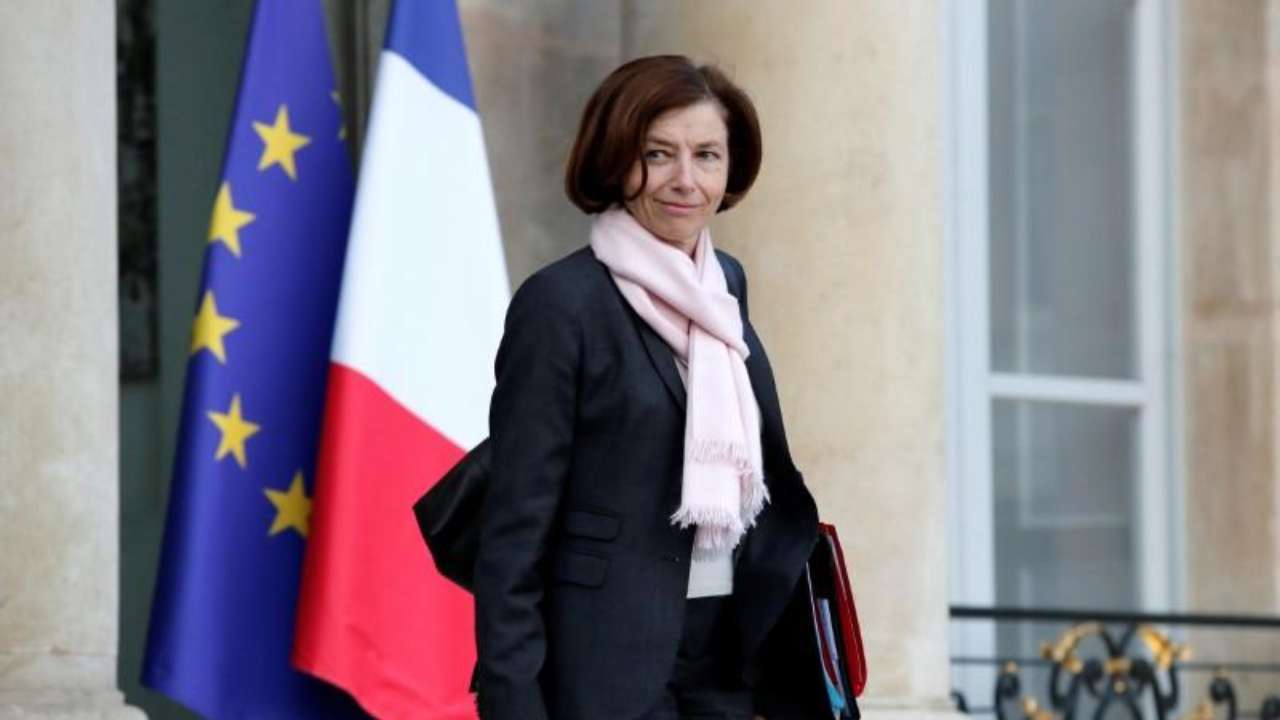French Armed Forces Minister Florence Parley has told lawmakers that following an amendment to the Military Programming Act 2019 to 25, there will an even greater emphasis on cyber and digital security vide the ARTEMIS program, which aims to create a “sovereign information structure” for massive data storage and processing, by capturing innovations from laboratories, SMEs and other start-ups specializing in big data and artificial intelligence.
Incidentally, digital technologies is just one of the priorities of LPM 2019-25, with the objectives of “ensuring operational superiority and control of information in operating rooms” and “enhancing the efficiency of maintenance” in various sectors, including health, and logistics.
As a result, this requires the development of new applications which facilitate operations, increased usage of intelligence.
The digitalization of the Ministry of the Armed Forces falls within the Directorate-General for Digital Technologies (DGNum), which was established in 2018 and which replaced the Directorate-General for Information and Communication Systems (DGSIC).
In 2019, the Directorate-General for Armaments (DGA) set up a digital base management unit (UM SNum) in order to develop and harmonize design, development and implement the digitalization of instruments and services carried out by DIRISI (Joint Directorate of Infrastructure Networks and Information Systems), which acts as a telecommunications operator within the armed forces.
This has now been completed by the Digital Defense Agency [I], and has been set up under the auspices of the DGA.
“Florence Parley, Minister of the Armed Forces, welcomes the establishment on April 23, 2021, of the Digital Defense Agency [I], which will have a mission to meet the challenges of modernization and overall digital coherence within the Ministry,” announced the Ministry of the Armed Forces.
The DGA is headed by Dominique Luzot, a first-class weapons engineer who graduated from the École Polytechnic and the École Nationale Supérieure des Techniques Avancées National School of Education. He also holds a DEA in Theoretical Computer Science and has a Ph.D. from the Paris XI University of Artificial Intelligence; before this he was the Deputy Director of Plans at DIRISI.
The DNA, will be under the general purview of the command council which is chaired by the General Arms Delegate and will have 400 soldiers and a number of civilian agents in its payroll.
The DNA has been tasked with three missions which includes: consolidating the existing capacity in terms of conducting digital projects and disseminating best practices; provide consultation to the armed forces, military departments, and services; and help implement the industrial policies of the Ministry of the Armed Forces in the field of digital systems information technology.





